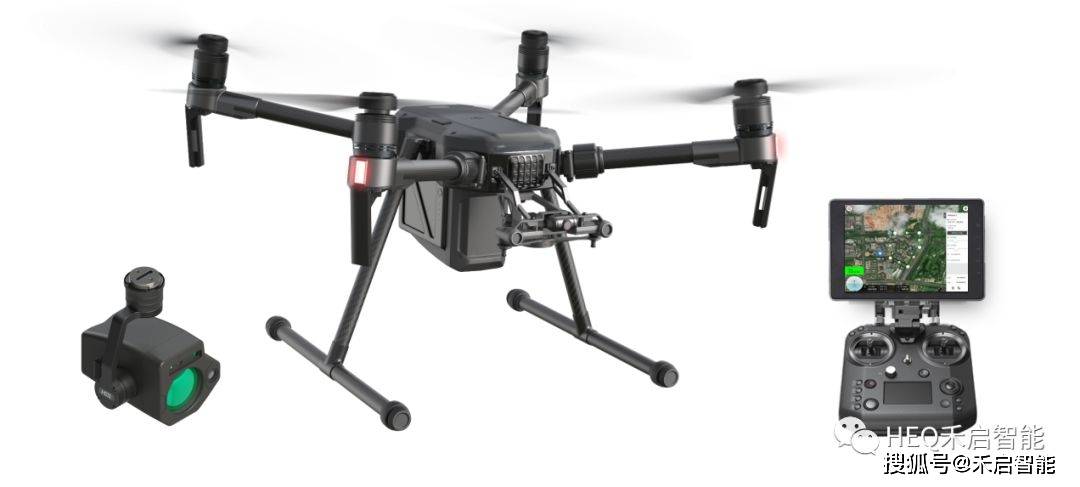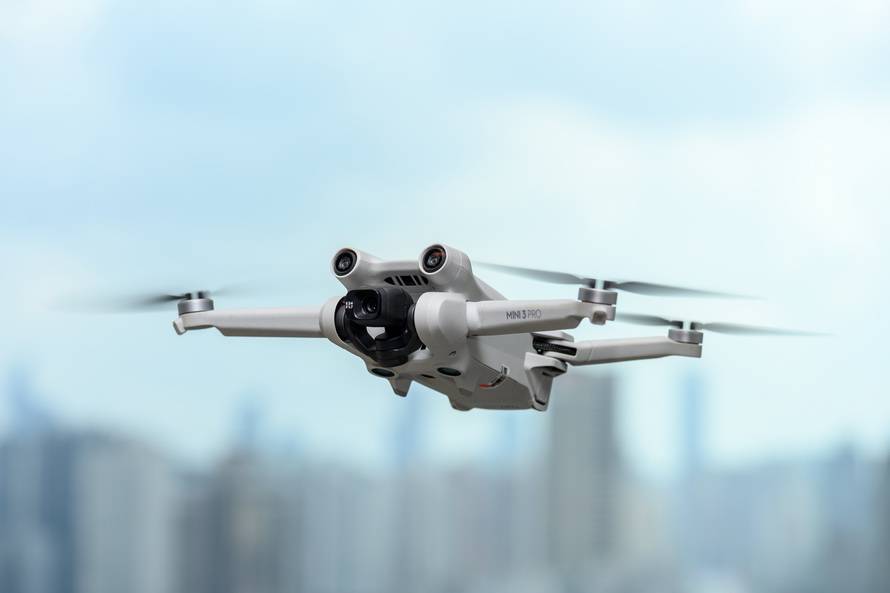Exploring the Impact of Drones in Modern Police Force Operations
Drones have dramatically transformed the landscape in which police forces operate today, providing enhanced capabilities and efficiencies. These unmanned aerial vehicles (UAVs) are not merely tools but represent a significant technological leap forward, impacting modern police force operations in various profound ways.
The integration of drones within the police force is reshaping surveillance and reconnaissance missions. Traditionally dependent on helicopters or ground patrols, law enforcement agencies now deploy drones equipped with high-resolution cameras and advanced sensory systems to capture real-time footage of crime scenes, track suspects, and monitor both urban and rural locations.
Improved Efficiency and Safety
One of the key benefits of employing drones in policing is their ability to enhance efficiency while maintaining officer safety. By conducting aerial surveillance and reconnaissance, drones minimize the risk to law enforcement personnel in dangerous situations such as hostage crises or active shooter scenarios. Officers can assess threats from a secure location prior to engaging, thus preserving lives. Moreover, drones reduce the expenditure related to fuel and maintenance when compared to traditional aerial methods.
Search and Rescue Operations
In search and rescue missions, drones play a crucial role by reaching isolated areas quickly and providing instant data on terrain and environmental conditions. Their ability to operate in varied climates and challenging terrains gives them an edge in locating missing individuals much faster than traditional methods. Equipped with thermal imaging, drones can locate heat signatures even in vast and densely vegetated landscapes.

Drones and Community Engagement
Furthermore, drones positively impact community relations when used transparently and ethically. As these devices become more prevalent, law enforcement can employ them for community outreach programs and demonstrations, fostering trust and understanding between the public and police agencies. Educating the community about drones helps demystify their use and underscores their benefits, which include rapid response and increased situational awareness.
Concerns and Ethical Considerations
Despite the numerous advantages, the deployment of drones in policing raises privacy and ethical concerns. Balancing technological advancement with individual rights is crucial to maintaining public trust. Policies governing drone usage, including obtaining warrants and enforcing strict data protection laws, are vital to mitigate these challenges.
Will Drones Replace Human Officers?

While drones provide substantial support, they are unlikely to replace human officers on the ground. The technology serves as an extension of the police force’s capabilities, helping officers perform tasks remotely while enhancing their ability to respond effectively. Ultimately, human judgment and experience are irreplaceable attributes in law enforcement.
FAQ
- How do drones improve police operations?
- Drones improve police operations by offering aerial views for surveillance, enhancing safety, and increasing efficiency in search and rescue missions.
- What are the privacy concerns related to drones in policing?
- The main concerns include potential invasions of privacy and the need for accountability in data usage and storage.
- Can drones be used in all weather conditions?
- Modern drones are equipped to operate in various weather conditions, though extreme circumstances may still pose operational challenges.
